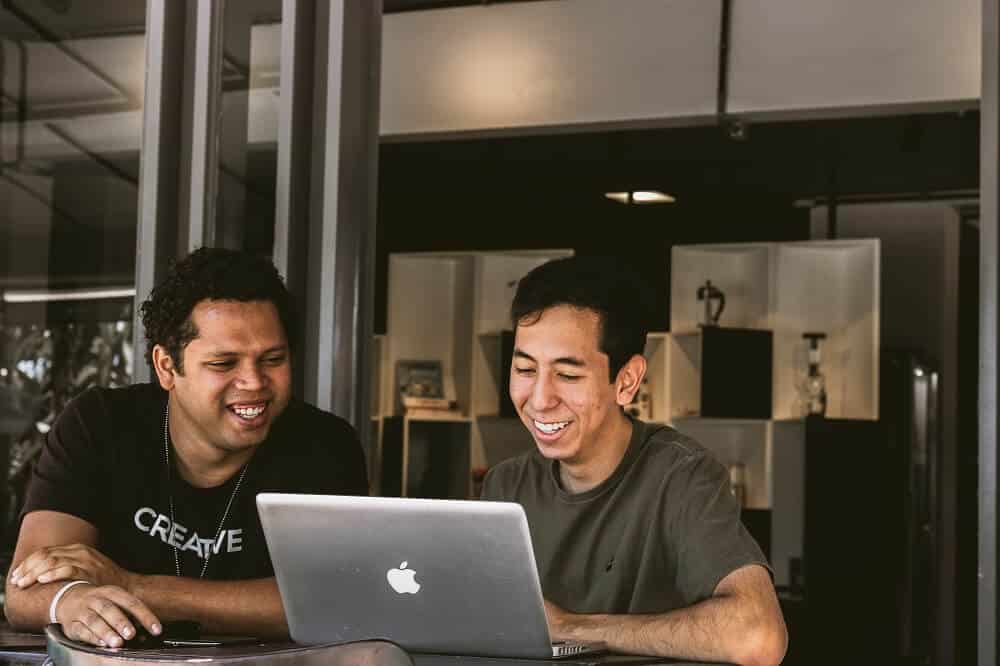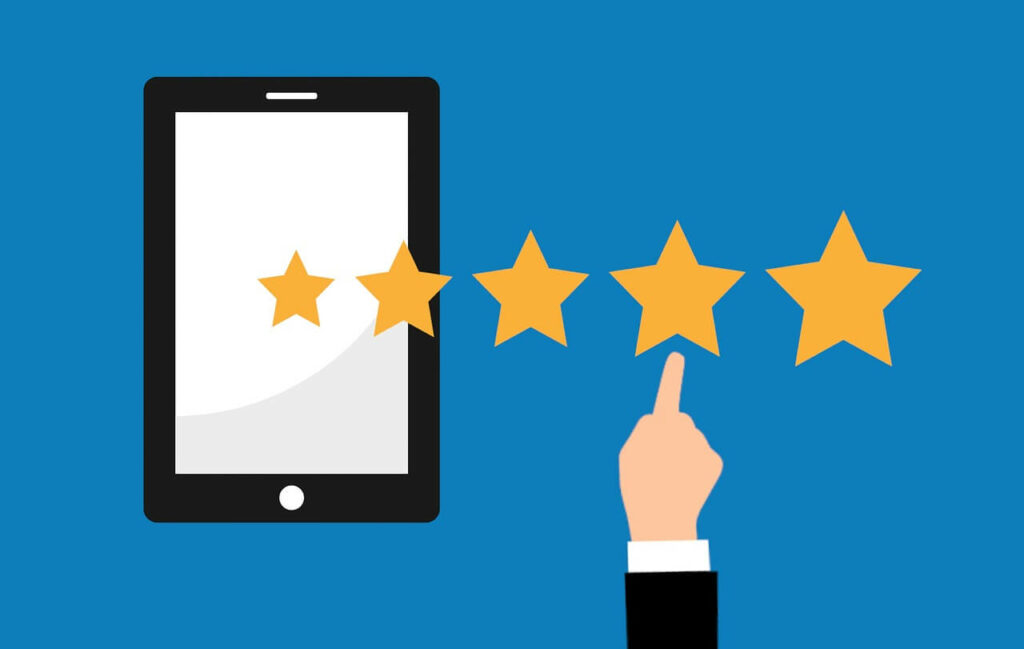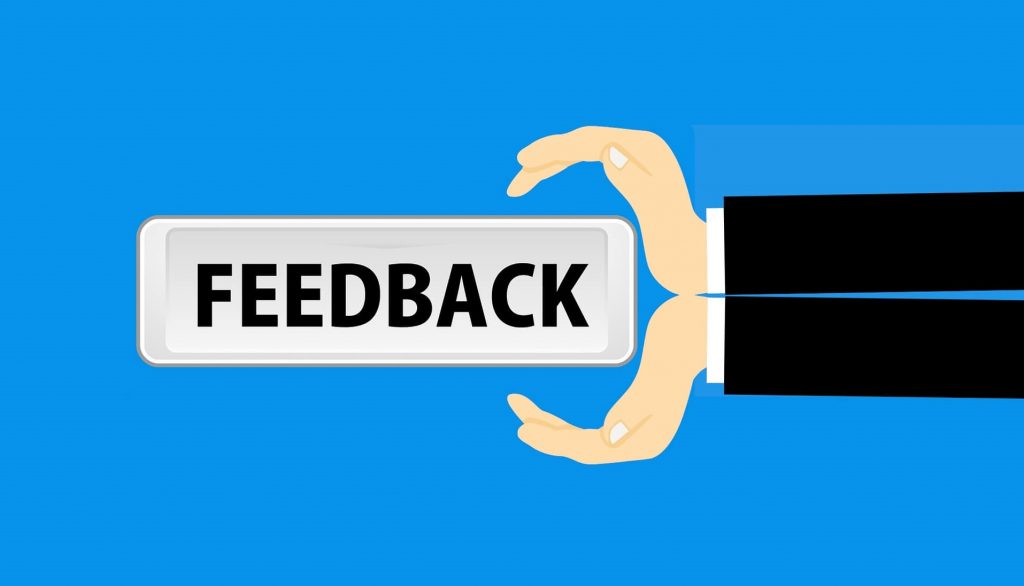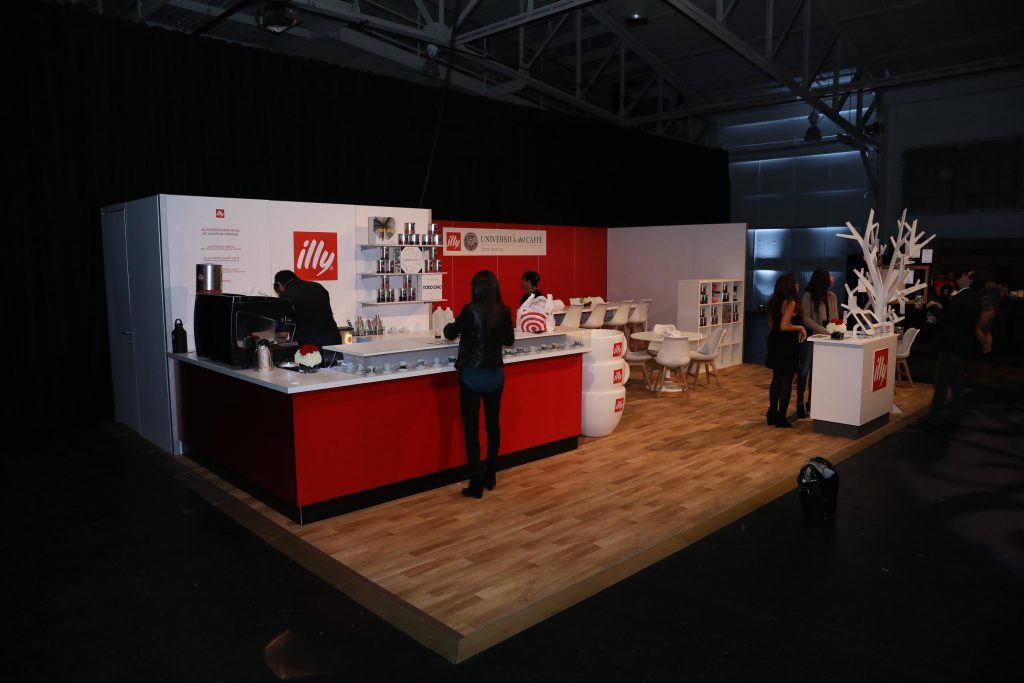Once your event is over, an event feedback survey can help you determine exactly how successful it was—for attendees, exhibitors, vendors, and even sponsors. The information you gather from these kinds of surveys is vital to helping you improve your events, making each one better than the last!
Why Is an Event Feedback Survey Useful?
There are many metrics you can use to determine how successful an event has been. Early event registration, answers to a pre-event survey, attendance, and revenue are good places to start, but how do you go about getting more detailed information after the fact? One way to do it is with a post-event survey, with questions designed to elicit specific insights about different aspects of your event.
This kind of survey is crucial if you plan to hold more events in the future. Asking your attendees what they liked—or didn’t like—about an event is the most direct way of making the next one even better. KPIs (key performance indicators) provide you with plenty of useful data, but the only way to know what’s really going on in the minds of attendees is to ask!
Post-event surveys are also useful because they extend the life cycle of the event, helping you keep the engagement level of guests higher for longer.
3 Types of Questions to Ask in Your Post-Event Survey
The questions you use in a post-event survey fall into three categories:
- Binary
- Quantitative
- Qualitative
Each type of question is suited for different purposes and will net you different kinds of information. When you’re writing questions for an event feedback survey, it’s important to match the questions you ask to the types of survey results you’re looking for.
- Binary questions are typically simple questions with yes/no answers. Or they can be answered by marking off checkboxes.
- Quantitative questions involve multiple-choice answers, ratings, or rankings.
- Qualitative questions are often open-ended, asking the reader for an opinion. In some cases, they ask the survey-taker to elaborate on their answer to a binary or quantitative question.
Because qualitative questions require more detail, they take longer to answer. This means it’s harder to motivate people to answer them. When an event feedback survey has a lot of qualitative questions, it can be difficult to achieve a high survey response rate. But, often, it’s the qualitative questions that give you the best insights, so it’s important to get the balance right. To maximize your response rate, use mainly binary and quantitative questions, with a few qualitative ones.
Many of the event survey questions below are binary or quantitative. However, since you’re asking people about how they experienced the event, there’s often scope to turn them into qualitative ones too. You can include a qualitative element by adding an optional comment box for each. This way, people can provide more detailed information if they want to, but they’re not forced to in order to complete the survey.

How to Get a Post-Event Survey to Your Guests
Designing a survey is just one part of the process—it still needs to reach the right people in order to be useful! There are several options for circulating a post-event survey. It’s helpful to use multiple methods for the same event, so you’re sure the survey reaches everyone. Just make sure you have a way of limiting each person to participating only once. For instance, send surveys that require each recipient to input their email address. This can lead to a better likelihood of unique responses.
Options for survey circulation include:
- Embedding the survey in your event app, if you have one – After the event send out push notifications reminding people to complete the survey.
- Sending the survey via email to everyone on the registration list
- Posing questions as social media polls or mini-surveys – On Facebook, LinkedIn, or Twitter, you could ask people what they liked most about your event, or use a poll to ask if they met their most important event objective by attending. Keep in mind that unless you’re posing your questions in a closed group that mainly consists of eventgoers, on social media you’re likely to get some responses from people who didn’t attend.
Why Build an Event App?
To increase your response rate, consider offering a small perk to respondents, such as entry into a prize drawing. If your survey is well-designed, you’ll end up with plenty of useful information, so it’s worthwhile to incentivize!
Post-Event Survey Questions You Need to Ask
1. How would you rate the…? (Quantitative)
- Use a scale of 1 to 5 or 1 to 10 to allow people to rank their satisfaction with any given element of your event.
- Add a separate question and scale for each element you want to ask about.
- Give people the option to say more by adding a comments box with each question. That gives you the opportunity to gather some qualitative data too.
You could ask people to rate the:
- Venue
- Event check-in process
- Keynote speakers
- Entertainment
- Transportation options
And anything else you want to know about!
These questions can easily highlight which aspects of the event were most popular and which could be tweaked next time. Make sure the scale you use is properly explained, so participants know what a high score is and what a low score is.
2. Are you coming back next year? (Binary)
- This can be a simple binary question with yes/no options.
- You may also opt for a 1 to 5 scale asking people how likely they are to come back.
- Provide a comment box in case people want to say more.
Don’t be afraid of asking direct questions—it’s the only way to get the data you need to make each event better than the last. This question is another way to help gauge attendee satisfaction.
3. How likely are you to recommend this conference to others? (Quantitative)
- Use a 1 to 10 satisfaction scale.
- Provide a comment box, so people can add more information if they want to.
- This one is important to ask speakers and vendors, as well as your event attendees.
“How likely are you to recommend this event to others?” provides you with an important piece of data: your net promoter score. This is a measurement of overall how satisfied your attendees were with the event. Just as important, it measures how likely people are to speak well of the event to friends or colleagues. Generally, a person who rates your event 8 or higher is someone who will promote it to others. A score of 6 or less indicates someone who might recommend people don’t attend the next one.
4. What was your most/least favorite part of the event? (Qualitative)
These should be included as two separate qualitative questions. Their open-ended nature gives your attendees the chance to talk about what they specifically liked or disliked about this event.
These questions give you insight about what elements people found personally or professionally valuable. This is great to help you determine if your event hits the right notes for your target demographic. Knowing what people don’t like about an event is just as valuable as knowing what they do like, if not more so. Negative events tend to stick in peoples’ minds more than positive ones, so it’s important to know if there are mistakes you need to avoid repeating!
5. Did you meet your ROI objectives for this event? (Binary/Quantitative)
- This can have a yes/no answer.
- For more specific data, provide several objective options, such as:
- Productivity
- Education
- Networking
- Event engagement
- Ask sponsors and vendors this question too.
It can be helpful to add an “other” option along with a comment box. Attendees and other people involved in the event can have widely differing goals, so this question should allow people to write in their own.
6. Did you find the event tech useful? (Binary/Qualitative)
- Combine a yes/no question with an optional comment box.
- This is useful at any event where tech is part of the experience.
- It’s especially good if your event introduced a new tech-oriented feature, and you want to know how well it’s been received.
This question is for everyone who attends: attendees, speakers, educators, and exhibitor. New tech can add to the experience for people involved in the event at every level, but to make sure it’s worth your investment, you need to know if and how people are using it.
7. Did the event lack anything that could have made it better? (Qualitative)
This qualitative question can be a great way to get constructive criticism or feedback on your event. Asking people what they didn’t like is useful, but asking people what they wanted or expected but didn’t get is even better, as it gives clear pointers for adding new content to future events.
8. Do you have any other feedback or suggestions? (Qualitative)
This qualitative question should come at the end of any post-event survey. It gives people the chance to say anything that didn’t fit elsewhere in the survey.
It can also be a useful standalone question to include in your event app. For instance, add a tab or button people can click to leave their feedback, and make it prominent in the app menu.

Event-Specific Questions
Some kinds of events will warrant additional questions that aren’t necessarily right for all types. Depending on the kind you’re hosting, you may want to add one or two extra questions. For instance:
1. Rate the quality of networking/education/other opportunities.
Use this question when your event has a particular focus and you want to know how well you met attendee expectations.
2. Did you learn anything new or important at this event?
This is great for events where education, research, and new information are central. For instance, it might be on a list of post-conference survey questions or included after corporate training sessions. You can also give attendees the option to elaborate.
A Great Survey Is Key to Your Future Event Success
Event planning takes a great amount of time, energy, and focus. Don’t let that focus wane after the fact! Plan a post-event survey now, so you can take advantage of the fresh opinions of your attendees right after your event ends. Any event’s goal is to meet the needs of its attendees. The best way to know if your event met its goal is to ask them. Crafting an effective event feedback survey will allow you to collect the data that helps you design the very best events in the future.









